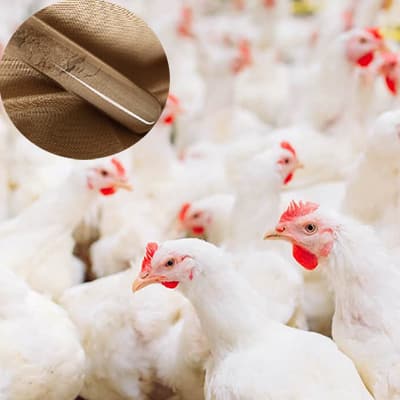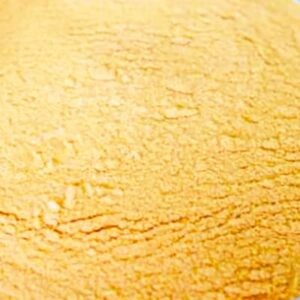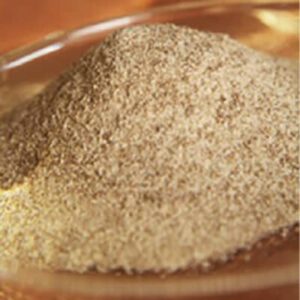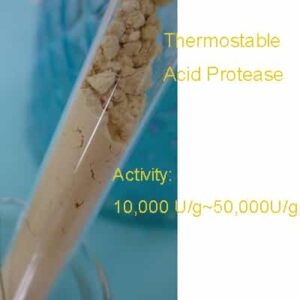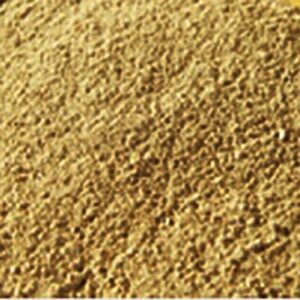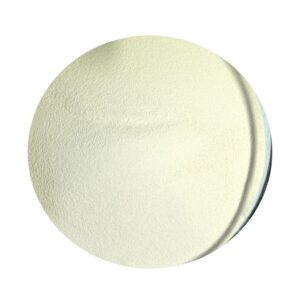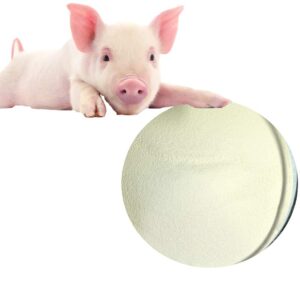Product Video
Product Introduction
Product Description
Alpha-amylase is an enzyme that hydrolyzes starch and glycogen. It has the specificity of enzyme preparation, and its main mechanism is to hydrolyze starch into maltose, glucose, dextrin, and so on. Alpha-amylase is refined by liquid deep fermentation and various modern bioengineering methods with excellent strains adopted. It can hydrolyze starch into short-chain dextrin and low molecular sugars. The product has stable performance, widely used in feed, beer, monosodium glutamate, and other fermentation industry production.
Feed enzymes are produced by microbial fermentation and are enzymes that are added to feed to improve digestion and utilization of feed or to improve metabolic efficiency in animals. Enzymes that can be added to feed include Protease Mix, Thermostable Phytase, Highly Efficient Phytase, NSP Enzyme, Lipase, Pectinase, Cellulase, α-Amylase, Alpha- Galactosidase, Beta-Glucanase, Glucose Oxidase, Thermostable Acid Protease, Acid Protease, Thermostable Acid Beta-Mannanase, Beta-Mannanase, Xylanase, etc.
About 70% or more of poultry sticky wheat rations worldwide have enzymes added to them, and nearly 90% of poultry feeds in Europe contain enzymes.
Enzyme preparations are divided into three main categories:
Non-starch polysaccharidases
Non-starch polysaccharide enzymes include xylanase, β-glucanase, β-mannanase, cellulase, α-galactosidase, pectinase, etc., which act on the corresponding NSP in the feed. livestock and poultry do not secrete this type of enzyme and must be added exogenously from the feed, which is the main enzyme preparation for feeding.
Phytase
Phytase has a special spatial structure that sequentially separates phosphorus from phytic acid molecules and degrades phytic acid (salt) into inositol and inorganic phosphorus while releasing other nutrients bound to phytic acid (salt).
Endogenous digestive enzymes
Endogenous digestive enzymes are enzymes that can be secreted by the animal’s digestive tract itself, mainly proteases, amylases, and lipases. In some special cases, endogenous enzymes also need to be supplemented by the feed.
Product Feature
- Degrade the glycosidic bond of starch and improve its utilization.
- Supplement the deficiency of endo-enzyme during the weaning period.
- Recommended doses: 600-1000 U/kg of complete feed.
- Species: livestock and poultry.
Product Parameter
Appearance: Brown powder
Activity: 2,000U/g, 5,000U/g.
CAS number: 9000-90-2
Loss on Drying: Not more than 10%
Product Storage and Packaging:
Package: 25kg /bag.
HS Code: 2309901000
12 months from the date of production under proper conditions in a dry, well-ventilated, and cool place.
Keep away from the moisture and avoid storing it in a high-temperature environment. Seal both internal and external packages after use.
Related products
-
Animal Feed Additive Products
Tricalcium Phosphate TCP Feed Additive
-
Feed Enzyme
Feed Additive NSP Enzyme
-
Feed Enzyme
Feed Additive Feed Enzyme Cellulase
-
Feed Enzyme
Feed Additive Thermostable Acid Protease
-
Feed Enzyme
Animal Feed Additive Acid Protease
-
Feed Enzyme
Feed Additive Thermostable Acid Beta-Mannanase
-
Feed Enzyme
Feed Additive Beta-Mannanase
-
Feed Enzyme
Feed Additive Xylanase Feed Enzyme

